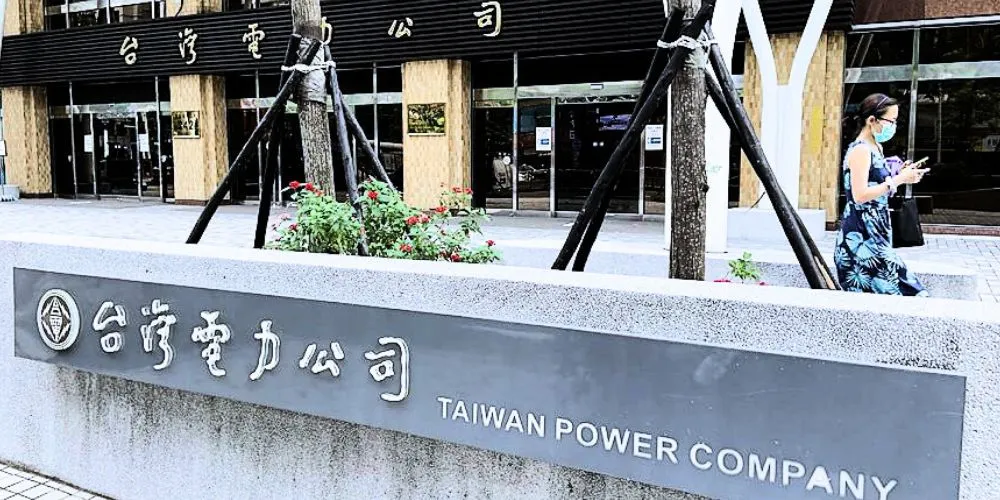Taiwan’s clean energy aspirations and its reputation as a manufacturing hub for semiconductor giants face significant challenges due to the precarious financial situation of its sole electricity utility, Taiwan Power Co (Taipower).
Taipower is projecting substantial losses for 2023, continuing a trend from the previous year, largely attributed to its inability to fully pass on increased fuel costs to consumers amidst political pressure to keep electricity prices low. Moreover, its investment in offshore wind, a key component of its renewable energy strategy, faces hurdles, including escalating costs and delays.
The implications of Taipower’s financial woes extend beyond the energy sector. The reliance of Taiwan Semiconductor Manufacturing Co (TSMC), the world’s leading chipmaker, on renewable energy sources by 2040 could be jeopardized if Taiwan fails to make significant progress in clean energy generation.
Furthermore, Taiwan’s heavy dependence on imported fossil fuels leaves it vulnerable to supply disruptions, particularly in conflict with China. The government’s target of achieving 20% green energy in its electricity mix by 2025 is ambitious, especially as it aims to phase out nuclear power.
Uran-Ulzii Batbayar, an analyst at Rystad Energy, highlights the urgent need for renewable energy to mitigate the absence of nuclear power. However, the financial constraints Taipower faces raise concerns about potential power disruptions that could impact major chip manufacturers, posing a significant risk to Taiwan’s economy.
Taipower, while conducting an internal financial review, has expressed no immediate plans to raise electricity prices in response to its losses. The utility has been exploring avenues to improve its financial position, including cost reduction measures.
The political pressure on Taipower to maintain low electricity prices amidst soaring fuel costs underscores the challenges state-owned utilities face in the region. Similar situations are observed in other Asian countries, such as South Korea’s Korea Electric Power Co.
Despite the obstacles, Taiwan’s government remains optimistic about achieving its renewable energy targets, particularly through offshore wind projects. However, industry-wide issues, including cost escalation and project delays, pose significant challenges to this vision. The resolution of Taipower’s financial woes will be crucial in safeguarding Taiwan’s clean energy ambitions and maintaining its attractiveness as a manufacturing destination for global chipmakers.




